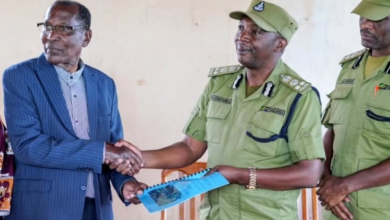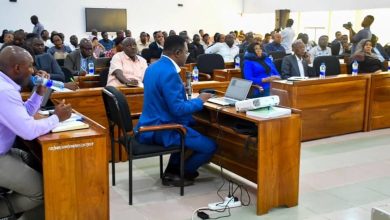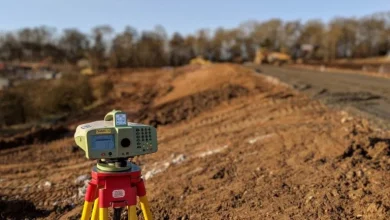Irrigation well drilling in full swing nationwide

THE National Irrigation Commission (NIRC) is finalising drafting implementation roadmap for drilling irrigation wells for smallholder farmers in every district council.
The programme is set to start in the 2025/26 financial year in which 1,000 irrigation wells will be drilled for farmers in their groups.
The move is part of broader efforts to strengthen food security, increase crop yields and build resilience against climate change-induced droughts.
It is also part of the larger Agricultural Sector Development Programme (ASDP II), which prioritises irrigation infrastructure, water harvesting technologies and climatesmart farming.
“This period under the leadership of President Samia Suluhu Hassan has seen unprecedented investment in irrigation,” said NIRC Director General Raymond Mndolwa.
He was speaking on Tuesday, this week, during a meeting with editors from different media outlets. The meeting was organised to equip the media gurus with understanding of the progress made by the commission in driving irrigation farming in the country.
Mr Mndolwa stressed that for the past three years, the government’s investment to the irrigation increased from only 51.49bn/- in 2021/22 to a whopping 403.78bn/- in 2024/25.
Giving the expectations on future plans of construction of irrigation infrastructure, he said, it is expected that there will be an increase of the area under irrigation from 983,466.6 hectares in 2025 to 5,000,000 hectares by the year 2030.
The move will also enhance productivity in the cultivation of various crops across all irrigation schemes in the country.
“We expect to raise the contribution of the irrigation sector to national food security from the current 24 per cent to 50 per cent of the country’s total food needs by 2030,” he said.
The plan also emphasizes stimulating industrial access to raw materials through the expansion of efficient, irrigation-driven agriculture, while simultaneously creating employment and raising income levels for farmers and broader communities.
Elaborating on the plan to drill irrigation wells, Engineer Naomi Mcharo, Co-ordinator for Tanzania Food System Resilience Programme under the NIRC, said each district council had been directed to earmark areas for irrigation farming.
“We have already assessed 150 areas in councils. In the next financial year, we are going to drill 1000 irrigation wells for smallholder farmers in councils,” Eng Mcharo noted.
He clarified that for smallholder farmers to benefit from these subsided prices for drilling wells they should be organised in groups.





